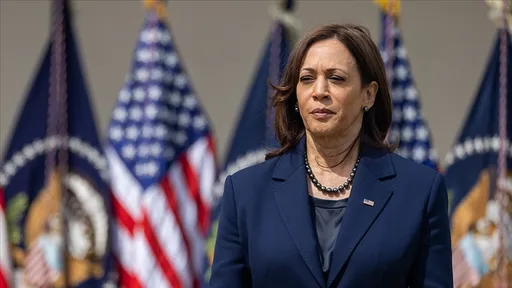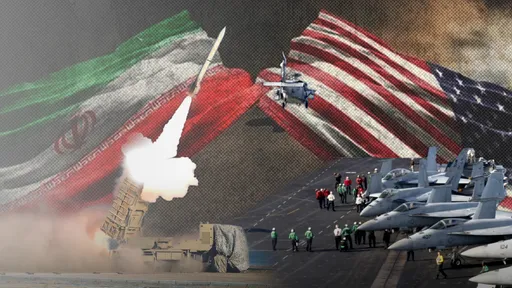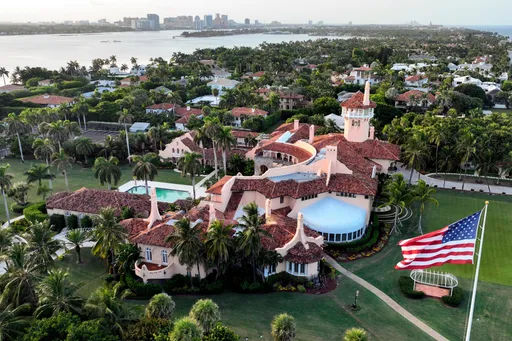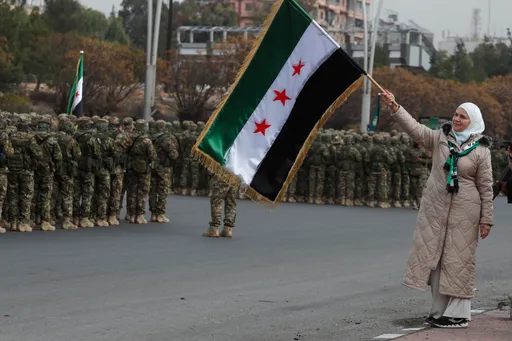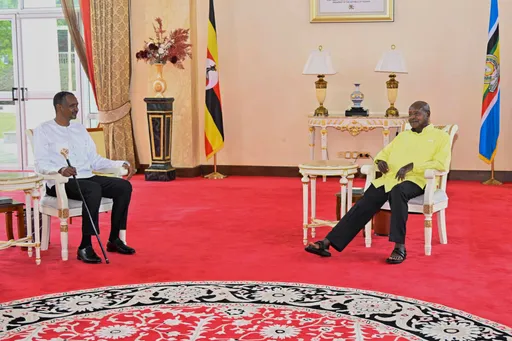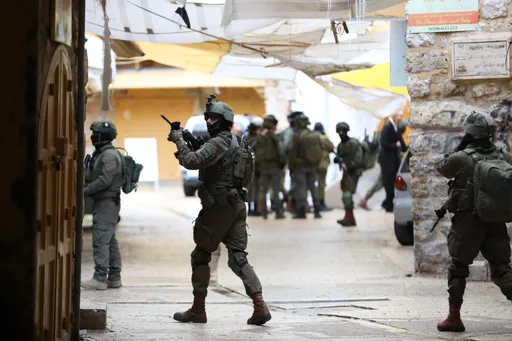The two staunch allies, US President Donald Trump and Israeli Prime Minister Benjamin Netanyahu, came up with a distorted peace plan that heavily favours Israel, and has angered Palestinians across the board.
The plan demands that Palestinians accept Israel’s illegal occupation from the West Bank to the Jordan Valley as lawful as well as ceding an undivided Jerusalem to Israel as its sole capital.
In exchange, Palestinians will get conditional sovereignty over diminished territories entirely surrounded by the Zionist state.
The unfair trade-off triggered united Palestinian wrath as the Palestinian Liberation Organisation (PLO), Hamas and Islamic Jihad leaders came together to declare their opposition to the plan last night.
"I say to Trump and Netanyahu: Jerusalem is not for sale, all our rights are not for sale and are not for a bargain. And your deal, the conspiracy, will not pass," said Palestinian Authority President Mahmoud Abbas during the gathering of different Palestinian groups in Ramallah, in the occupied West Bank.
"The Deal of the Century belongs to the dustbin of history," Abbas said, describing it as “the slap of the century'' and “the final phase of the Balfour Declaration", which announced support for a Jewish homeland in Palestine in 1917 by the British, during World War I.
The Trump-Netanyahu announcement also facilitated the previously non-existent communication between the Mahmoud Abbas of Fatah, the leading force in the PLO, and Hamas’ Ismail Haniyeh.
"The head of the Hamas political bureau, Ismail Haniyeh, called me, and we both agreed to open a new page and hold a meeting in Gaza," Abbas added, indicating that Palestinian groups are moving towards unity, aiming to resolve their differences for the sake of the survival of the Palestinian cause.
Hamas officials corroborated Abbas’s statement.
“The unitary scene is the first nail in the coffin of this deal; when we are united, Trump and no one else will dare violate our rights,” said Khalil al Hayya, Deputy Head of Hamas, during a protest on Monday night in Gaza City.
“We tell everyone that we are united against the deal of the century and to drop all conspiracies. We are one people under one flag,” Hayya emphasised.
On Tuesday, there was also a demonstration with the rare joint participation of Hamas and PLO officials standing next to each other in Hamas-controlled Gaza, denouncing the Trump plan, which was primarily crafted by Jared Kushner, the US president’s Jewish son-in-law.
The Arab Joint List, a coalition of Palestinian parties in the Knesset, the Israeli parliament, also opposed the American plan, condemning it in strong terms.
"The Deal of the Century reinforces Israeli occupation and violates Palestinians rights. It has nothing to do with peace and is far from establishing a path towards negotiations," the statement said.
Palestinian factionalism has long been a severe obstacle to presenting a united front against Israel, who has exploited the disunity to promote its political and military agenda across Palestine.












